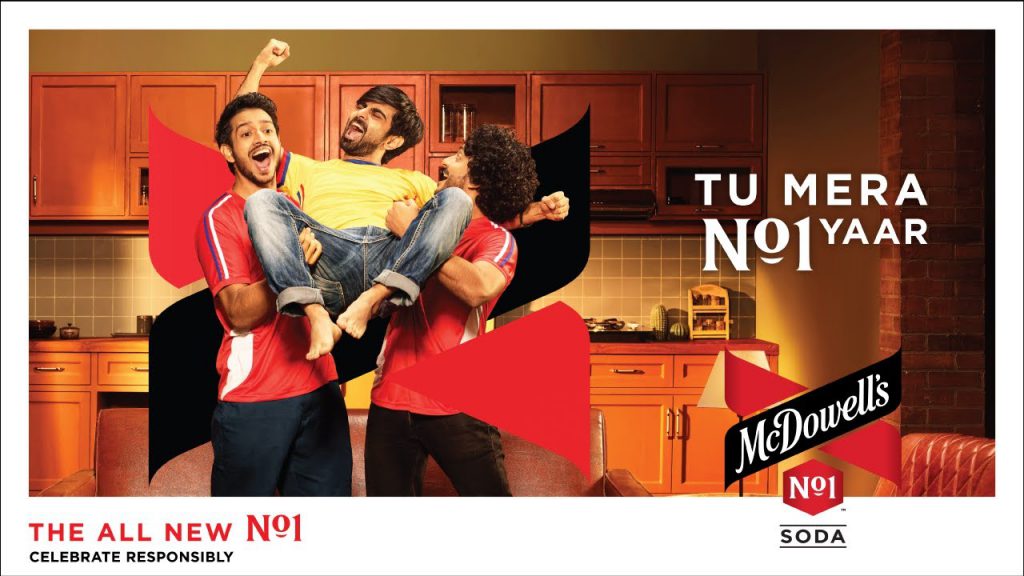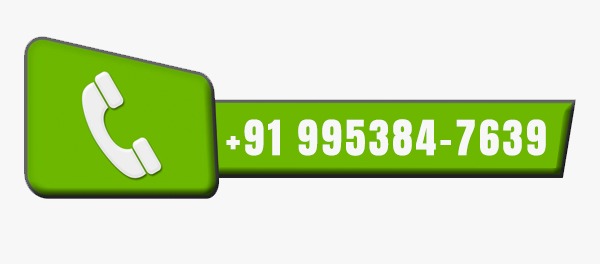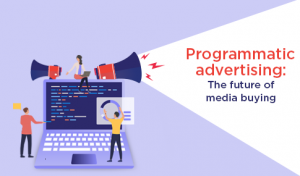The new guidelines calls for ban on Surrogate advertising
3 min read
The new guidelines calls for ban on Surrogate advertising
The new guideline laid by the government prohibits surrogate advertising. The ban has a huge impact on various brands especially those related to alcohol and tobacco. Let’s understand what is surrogate advertising, what are the new guidelines and how it is going to affect the advertising world?
Surrogate advertising
Surrogate advertising as the name suggests is a way of advertising products and services that are legally not allowed for advertising in India directly. Products like alcohol and tobacco cannot advertise themselves directly on leading media like print, television and radio. But they can advertise by the means of surrogate advertising where they can promote a brand’s name through an alternate product. For instance, Bagpiper is a brand that sells hard drinks or alcohol but it advertises soda and mineral water with the same brand on leading media where it cannot advertise liquor directly. Through surrogate advertising it is trying reinforce the brand name and associate the brand with liquid products. Another popular example of surrogate advertising is brand ‘Red and White’, the brand sponsors bravery award wherein the actual product of the company is cigarettes. The bravery awards align with the brand image that have been created by ‘Red and White’ brand over the years through its tag line ‘Red and White peene walon ki baat hi kuch aur hai’.
Even through brand endorsements the tobacco and alcohol brand try to convey the message in a subtle manner wherein by roping in big Bollywood celebrities they want to associate the brand with the choice of elite and famous people.
Why the ban?
The ban on surrogate advertising was announced on 10 June along with the set of new guidelines to be followed by the advertisement industry. Announced by CCPA (Central Consumer Protection authority) the new guidelines have strictly banned the use of surrogate advertising for tobacco and alcohol. Apart from the ban the guidelines also takes into consideration misleading ads and celebrity endorsements of the products that are not meant for children but are aired during a children program. The guidelines were pushed by the recent incident where a perfume brand was accused of indicating sexual harassment against women. The misleading ad was suspended after the backlash it received but In light of better advertisement regulation it also pushed the establishment of new advertisement guidelines.
According to the new guidelines a ‘misleading ad’ is one that hides away the honest and truthful information about the product or service by creating a different hype around it. Such misleading ads are also prohibited according to the latest regulations. Likewise, ads that promote consumption of junk or unhealthy food like chips, aerated drinks etc. shall not be aired during children program or on children channels.
Any ad that is alarming to the mental, physical or emotional health of children hall be instantly disqualified and must not be aired in any of the leading media. Ads that indicate that buying a certain product will make a child acceptable, rejected, winner or a loser must not qualify for airing on media according to the new guidelines.
The ban and its effect on the brands
Tobacco and alcohol brands get a direct hit owing to the new guidelines that restricts surrogate advertising. Major tobacco and alcohol brands would use surrogate ads to keep their brands name stuck in its target audience’s mind through alternate products of the same brand. But with new guidelines would make it difficult for tobacco and alcohol brands to promote themselves on leading media.
However, since the launch of new guidelines the advertisers and brand owners are trying to clarify in detail as to what qualifies as ‘surrogate advertising’. They are seeking details on the fact that whether all brand extensions are prohibited or there are some underlining features that can save them from the ban.







